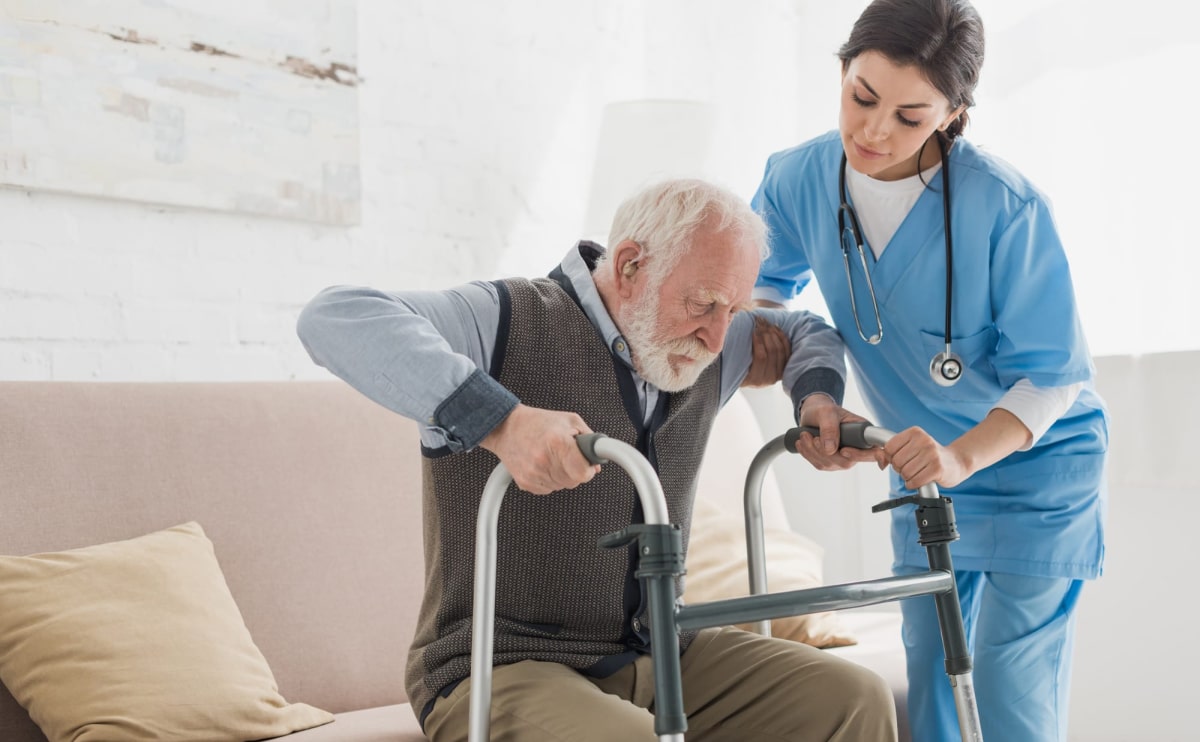BLS is the abbreviation of Basic Life Support. Unfortunately, this kind of certification is only available to medical professionals in the US. Therefore, the CPR certification you most likely require is BLS if you work as a healthcare provider or in the rescue sector.
Teachers, coaches, personal trainers, daycare providers, and safety officers at various companies are among those who presumably don't need BLS certification but still require CPR training. In other words, jobs that do not often include providing emergency treatment, but you might find yourself in a position of responsibility in the event of an emergency would require BLS certification.
You could be shocked by how your certificate can come in handy in applying for various professions if you are currently seeking a new job. So here is a closer look at a few positions you can secure with a BLS certification.
1. Doctors, Nurses, and Healthcare Workers
A BLS certification and other associated certifications, such as an Advanced Cardiac Life Support certification, will be required practically by everyone working in a hospital (at least in inpatient settings). It will become easier for nurses and medical assistants to keep a patient alive until the required assistance is available. Those who work in the emergency room (ER) will probably be more in need of this training.
2. EMTs and paramedics
Because they perform most of their job outside hospitals, they need training in BLS. Advanced paramedics will need additional certificates.
3. Firefighters
Since they may come across people who are about to pass away, having a BLS certification is unquestionably an essential component of their profession. Both paid, and volunteer firefighters must acquire these credentials.
4. Police Officers
Most of the time, they are the first people "on the scene," so police officers must be able to react quickly in an emergency. BLS equips them with the necessary skills to keep any victims alive until an ambulance arrives.
5. Dentists
Although life-threatening events are uncommon in the area of dentistry, they do occasionally occur. While each state has its dental regulations, most demand dentists to have BLS certification, among other credentials.
6. Instructors, Coaches, and Teachers
The state board of education (BOE) or the school district determines the BLS requirement for teachers. Teachers must have knowledge about emergency procedures and a grasp of how children's bodies differ from those of adults.
7. Lifeguards
The primary responsibility of lifeguards is to "protect lives," so they must be prepared to intervene swiftly if a victim loses consciousness.
How frequently must Basic Life Support (BLS) certifications be renewed?
At least every two years, a Basic Life Support (BLS) certification must be renewed. Numerous online BLS renewal programs allow you to combine them with certificates with a two-year expiration date, including ACLS, Pediatric Advanced Life Support (PALS), and several others.
Conclusion
Numerous placements require a BLS certification. This accreditation has frequently directly contributed to saving lives. Check out when you need to renew your BLS certification because it only lasts two years. Visit our website for more details on acquiring or maintaining your BLS, ACLS, or PALS certification.





